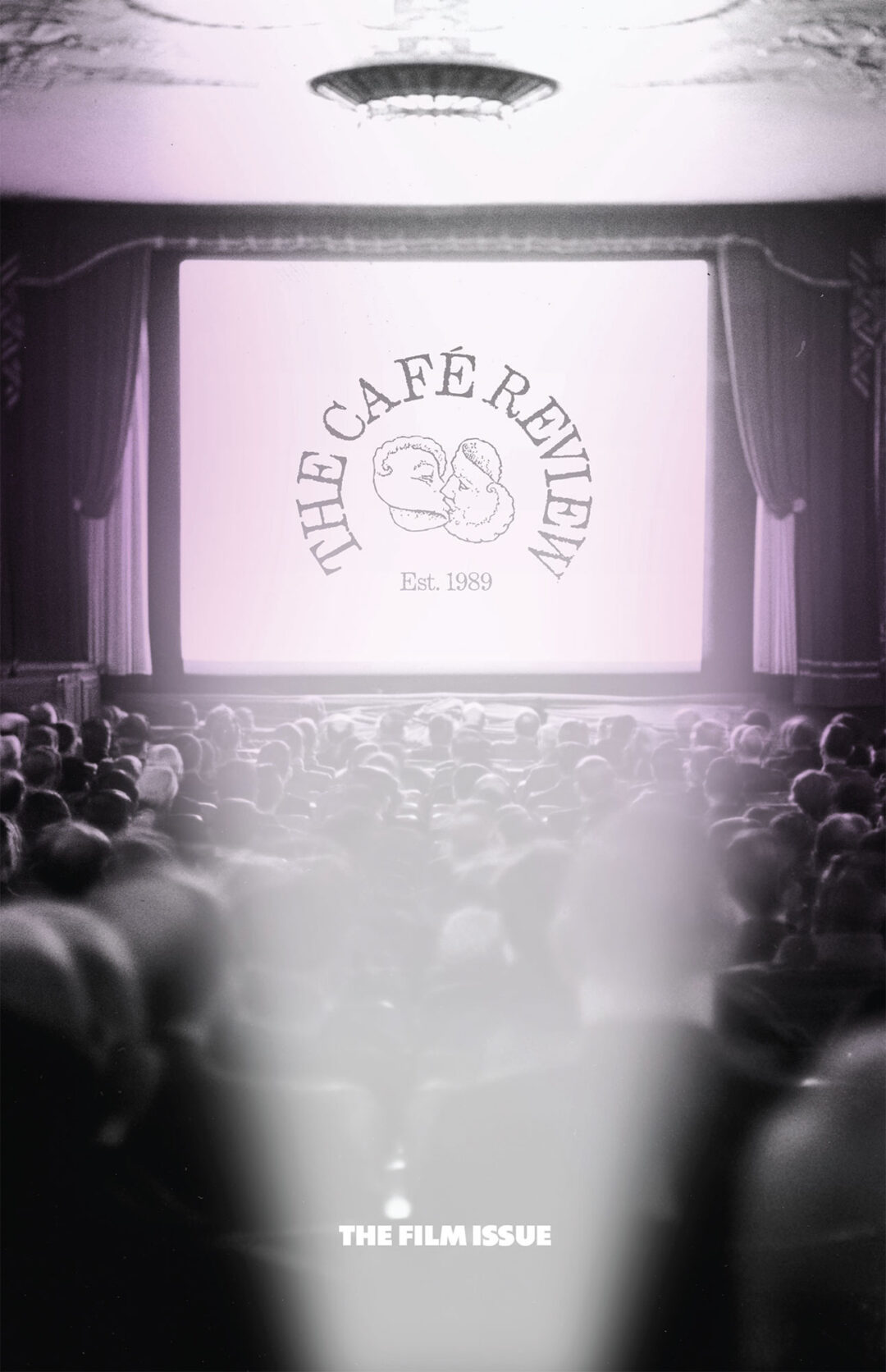Greta Garbo, a snapshot by Inge Feltrinelli, 1952.

By Gerard Malanga
Inge’s foto of Garbo grabbed in profile
in mostly shades of gray
barely hints the time of day
it might’ve been taken; say
around 4: an undisclosed street comer midtown Manhattan.
Obsessed in remaining unrecognized
in surroundings as mistaken as she.
A city in the throes
of constantly deleting its history. The mindset of those
moments to wanna lose oneself
in the crowd of likewise anonymities;
the untold stories forever untold.
The whizzing cars, the rushhour shadows.
The end–of–day quiet alone in your thoughts.
Or the one person at a street comer
waiting for the light to change and going her way.
It could’ve been anyone. The soul a little less so.
Pierre Clémenti, movie star, 1942–1999

By Gerard Malanga
Pierre,
You came & went.
A wake of silences abound.
Your voice–over lost among the pitter–patter rain against the café
window.
Our eyes crossed
each other on the wet–laden street.
Was this Paris ? Yes,
it feels like Paris attacked by autumn winds & greyless skies.
A chill enshrined by hands in pockets, mohair scarves.
I’d assumed you were still living on the rue de Seine, nearest to}
the Seine.
Those craggy, narrow sunless streets.
We shared café crème at the Flore, reminiscing names.
The rain never seeming to let up,
drumming on the outstretched awning,
unremarkabilities our reveries bestowed.
Stan Brakhage, 1933–2003.

By Gerard Malanga
Exactly what happened next and why are not clear.
The late afternoon light simply skittered up the side
of a wall in the kitchen. The voices of children commingling,
though the soundtrack abruptly drops off.
So what’s heard can only be faintly imagined.
There was a slight chill in the air now.
There was a hollow cooing.
There were even backlit billowing trees and a low rustle.
No longer the cat’s eyes glowing in the dark,
no longer faces lit up in the dark. The wintry barks
chipped away. A child peering in from nowhere.
Is it the last season for things pulling out of focus? Damn!
A diaphanous curtain furls and unfurls.
Linen piled up on a chair and the emptiness
soon soon forgotten. Someone is taking a nap
and for once the screendoor remains silent.
Then the silhouette of a branch gently sways
on the opposite wall. A dizzying script scratches
its way into darkness.
the Ballad of Narayama

By Jan Garden Castro
We fly over snow–covered mountains, huts
snow–heaped, then tuck inside Orin’s. She tends
the fire, a motherless girl, her three sons, village
matters. Children call her a witch with 33 teeth!
At 69, she knocks out her own teeth, pretends she’s weak.
Grasshoppers mate, snakes eat rats whole, rice grows in poor
soil.
When her husband disgraced the family, Orin’s eldest, 15,
killed him.
Young son smells bad, copulates with a dog; Orin finds an old
widow
for him. She exposes a family stealing food — the village men
bury
them alive — including the pregnant wife of the middle son.
Now the hardest part. Near 70, Orin readies to go
to Narayama, a long journey up, up, and three mountains
away.
Elder son leaves his mother on her prayer mat among
the bones. Vultures circle. Snow begins to fall.
— Film by Shõhei Imamura, 1983, Palme d’Or, Cannes.
— Set c. 1810, Japan, after story “Narayama bushikô,” 1958


